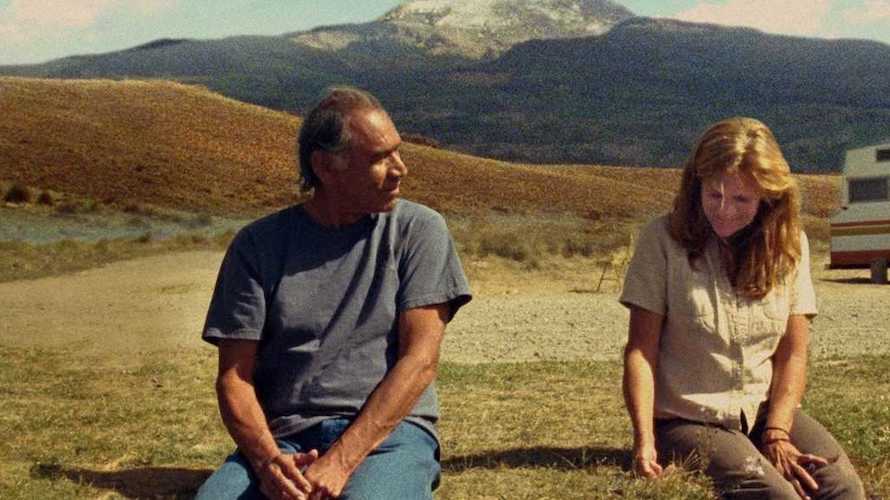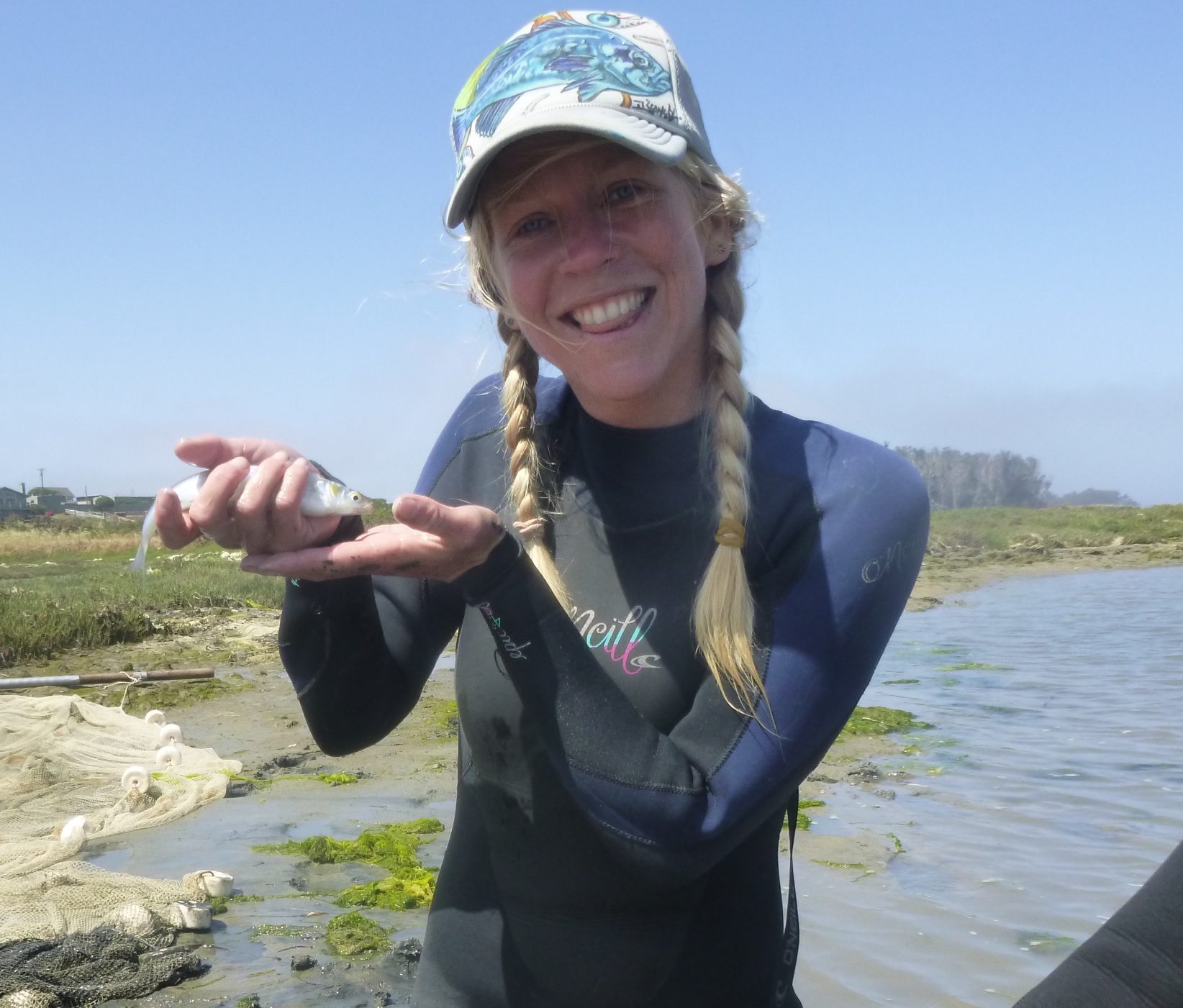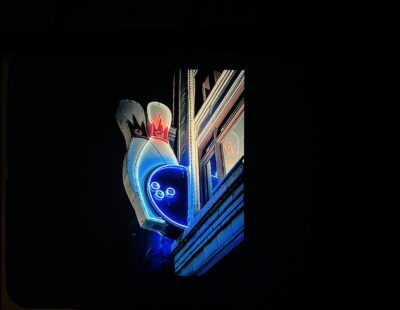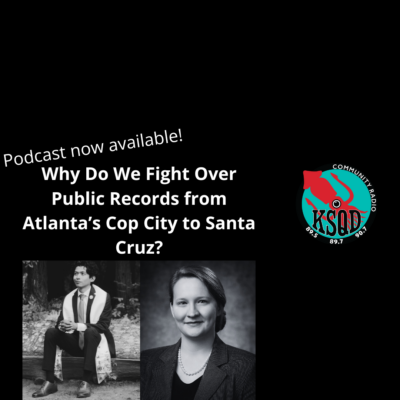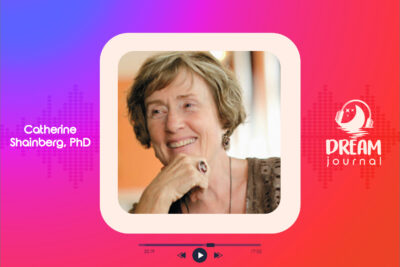
During this year’s movie award season, much ado about nothing was made over Andrea Riseborough Academy Award nomination for her extraordinary performance in the indie film To Leslie. While ethical questions swirled around the use of social media to champion a movie hardly anyone saw, another criminally underseen art house film remained virtually unnoticed. It’s called A Love Song, a tender tale of loss, loneliness, and, as the title implies, love.
A Love Song takes place entirely on a secluded campground in the mountains of Colorado. That’s where a woman named Faye, who appears to be in her mid to late sixties, has set down her trailer. Judging by the clear skies and dry ground, it’s late summer, and it looks like Faye has been there for some time (subsisting on a daily catch of crawdads suggests her stay had outlasted her food rations).
One day, a group of strangers in a pickup truck pay a visit. They politely ask Faye to move to another campsite because their deceased father is buried beneath the one she’s occupying. The spokesperson for the group, a young girl who speaks in a comically respectful manner, explains that she and her brothers would like to exhume the body and rebury it at a nicer location. Faye declines, telling them she’s waiting on a friend who expects to find her precisely where she is. The strangers understand and amicably depart, but not before establishing one of the central themes of the film – digging up the past. As it turns out, the man Faye is waiting for is a former love interest named Lito whom she hasn’t seen in several decades. But a letter Lito sent to the campsite confirming his plan to join her has yet to arrive, let alone Lito himself. Right around the time Faye becomes resigned that he may never show up, he does, and a tender courtship begins.
First-time writer/director Max Walker-Silverman buttresses A Love Song’s sparse dialog and modest one-hour and twenty-one minute runtime with a judicious amount of symbolism. Case in point, when the truck belonging to the children of the deceased man breaks down, Faye allows them to swap her truck’s engine with theirs, and back again, in a hugely impractical endeavor that serves as an equally huge metaphor; the giving of one’s heart and having it returned. Likewise, before we even see the first frame of film, the cooing of a morning dove – representing love and inner peace – can be heard.
Veteran character actor Dale Dickey is perfectly cast as Faye; her blonde hair matches the golden hues of her sun-dried environment, and each line and wrinkle in her dignified face hint at a past with no shortage of hardship. Wes Studi, still best known as Daniel Day-Lewis’ warrior nemesis in The Last of the Mohicans, is terrific as Faye’s tentative suitor. Here he’s cast against type as a gentle soul who, like Faye, keeps his quiet desperation in check. Both have suffered the loss of a significant other, and though they share a past connection, it remains to be seen if their mutual affection can bridge the intervening years, and, if it can, would it be for the best? Not unlike its two central characters, A Love Song speaks softly and honestly and without hyperbolic drama, making this little slice of senior romance a thought-provoking delight.
For KSQD’s Film Gang, this is Paul Kanieski.
Would you like to join The Film Gang and write & record movie reviews to air on KSQD? If so, please contact the Program Director, Howard Feldstein: programs@ksqd.org

